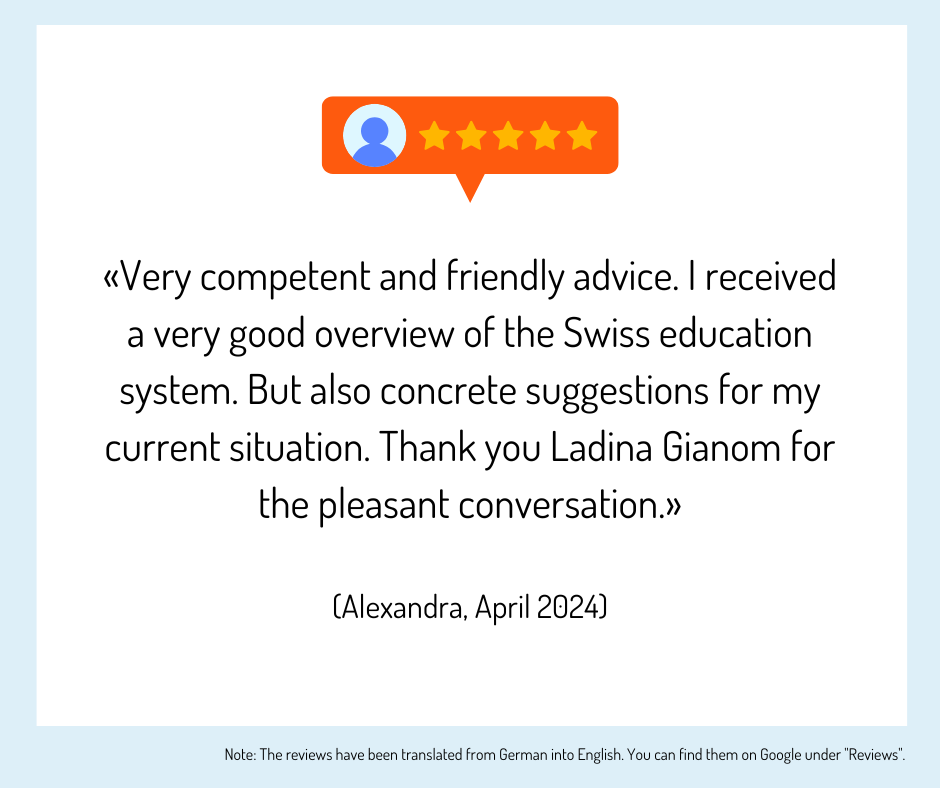Handicraft teacher training: Overview of schools and offers
Handicraft teacher training - how to become a specialist teacher for art and textiles
Questions and answers
What topics does the handicraft teacher training course cover?
The following topics are covered during the handwork teacher training at the Textiles and Art Association: Knitting and the importance of training the hands; crocheting and the development of side dominance; designing and painting; the secret of art; anthroposophical pedagogy; materials science: wool processing, linen and silk; promoting sensory perception; embroidery and painting; form drawing; drawing animals in the landscape; making patterns and designing animals as well as the earth's climate zones; footwear; machine and hand sewing as well as geometry and sensory teaching.
What are the educational goals of the handicraft teacher training?
The continuing education, further training to become a needlework teacher aims to provide pedagogical and methodological-didactic training to become a specialist teacher in needlework lessons at Waldorf schools and Rudolf Steiner schools in order to support children in their general learning steps and to show them the way from play to work.
Where can you teach after continuing education, further training?
After completing the needlework teacher training or continuing education, further training, graduates are authorized to teach the subject of needlework / textile design for grades 1 to 8 at Rudolf Steiner schools.
What form does the needlework teacher training take?
The needlework teacher training can be completed as a weekly course or as a block course. In the case of a weekly course, you attend lessons once a week (4 lessons each) as well as a weekend. In addition, there are around 10 hours a week for self-study and homework. In the block course, there are 12 block courses of four days each, spread over approximately two years.
How long does a needlework teacher training course take?
The needlework teacher training (specialist training in needlework) lasts two years and is part-time. Afterwards, students work independently on their diploma thesis and take part in compulsory internships and work shadowing.
What are the costs for continuing education, further training?
The total costs for the needlework teacher training or continuing education, further training amount to around CHF 10,400. These costs include the training costs, the registration fee, the materials, a dyeing course and the examination and diploma costs.
Are there certain admission requirements for needlework teacher training or continuing education, further training?
The prerequisite for the needlework teacher training is a high school diploma or a vocational qualification. In addition, an interest in working with pupils, good manual skills, knowledge of textile cultural techniques and enjoyment of textile work are required. To be on the safe side, check with the providers.
Does the continuing education, further training in needlework conclude with an examination or a diploma thesis?
In the course of continuing education, further training to become a needlework teacher at the Textiles and Art Association, participants create work folders and portfolios which, together with a partial lesson presentation, form the conclusion of the lessons. In the third year of the course, the participants carry out school internships and work shadowing and write a diploma thesis, which consists of a practical part, a presentation and a written paper.
How much time needs to be invested in needlework teacher training or continuing education, further training?
The Textiles and Art Association's needlework teacher training program lasts two years, plus one year of work shadowing and internships. The first two years can be completed as weekly training or block training, with weekly training consisting of four lessons per week and block training consisting of 12 blocks of four days each. This is supplemented by approximately six hours of self-study per week.
How much does continuing education, further training to become a needlework teacher cost?
The total cost of continuing education, further training to become a needlework teacher, including tuition fees, registration fees, diploma and examination fees and the dyeing course, is approximately CHF 10,500. Please contact the training provider directly via the contact form for the exact training costs.
What topics are taught in the needlework teacher training course?
The topics covered in the needlework teacher training course include working on the infinite thread with knitting and crocheting, designing and painting, embroidery and painting, materials science on wool processing, silk and linen, drawing animals, making patterns, dolls, slippers, hand sewing, machine sewing and theater with design work and creation. Topics such as anthroposophical pedagogy, geometry, sensory theory, temperaments, drawing shapes and promoting sensory perception are also covered.
What are the requirements for training as a needlework teacher?
Participants in a needlework teacher training course are expected to have a good basic knowledge of textile techniques in addition to having completed vocational training or a school-leaving certificate. Dexterity, enjoyment of textile work and knowledge of textile cultural techniques are required. Enquire with the providers.
Erfahrungen, Bewertungen und Meinungen zur Ausbildung / Weiterbildung
Haven't found the right training or further education yet? Benefit from educational advice now!
Further training is not only important in order to maintain or increase professional attractiveness, investing in training or further training is still the most efficient way to increase the chances of a pay rise.
The Swiss education system offers a wide range of individual training and further education opportunities - depending on your personal level of education, professional experience and educational goals.
Choosing the right educational offer is not easy for many prospective students.
Which training and further education is the right one for my path?
Our education advisory team will guide you through the "education jungle", providing specific input and relevant background information to help you choose the right offer.
Your advantages:
You will receive
- Suggestions for suitable courses, seminars or training programs based on the information you provide in the questionnaire
- An overview of the different levels and types of education
- Information about the Swiss education system
We offer our educational counseling in the following languages on request: French, Italian, English
Register now and concretize your training plans.











